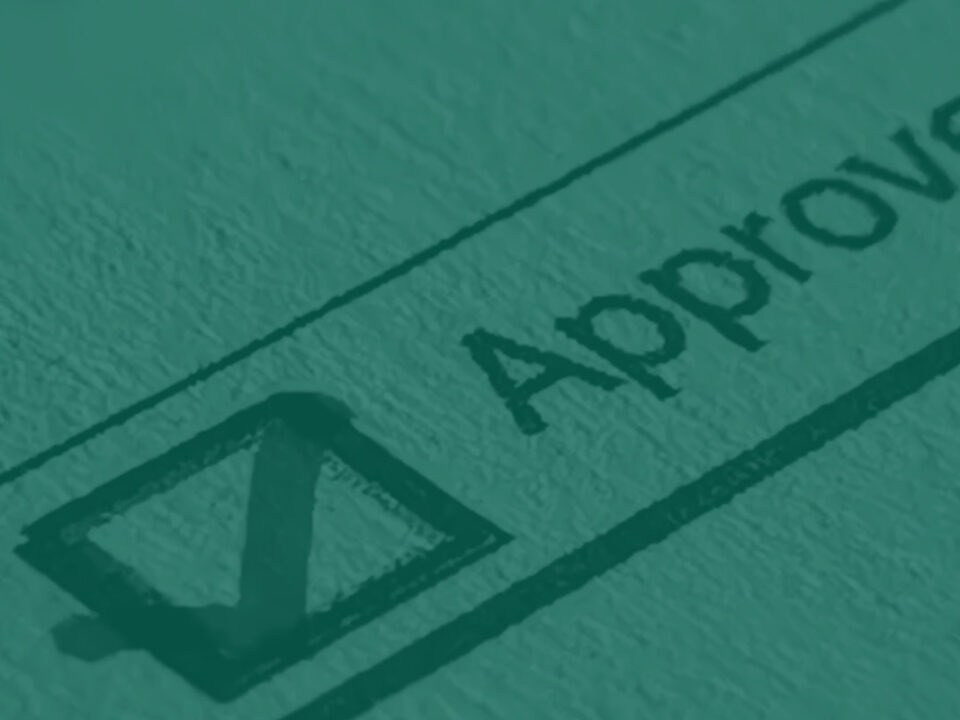In any form of business, there are varying types of compliance procedures that need to be upheld by the company, its board members, and employees. The UAE recently introduced UBO registration and Economic Reporting processes where each UAE entity must comply with. It is crucial that any reporting processes are understood and lodgments to the regulatory authority or government body are completed correctly and on-time to avoid any costly errors.
- Services
- [email protected]
- Dubai: +971 4 878 6240 Riyadh: +966 56 865 2329

How the Nationality Law Amendments Can Boost UAE Real Estate Sector as Featured on Arabian Business – Jan 31, 2021
January 31, 2021
The future of free zones in the UAE following the ownership rule changes as Featured on Financial Times – Feb 12, 2021
February 12, 2021
DOES YOUR UAE COMPANY HAVE A COMPLIANCE DEPARTMENT OR COMPLIANCE OFFICER? NOT TO WORRY WE HAVE YOU COVERED!
WHAT IS COMPLIANCE?
Essentially, compliance means sticking to the rules. These can be policy, procedures, standards and or law.
Regulatory compliance is where companies ensure certain procedures are in place according to the type of organization and industry. Companies need to ensure that they are aware of and take all steps necessary to comply with relevant laws and regulations setout in its jurisdiction.
The risk of monetary losses that can arise from many types of financial transactions has meant that businesses have also been subject to the need for rules and codes of conduct. Such protocols are to protect their investors, shareholder, employees, and the public.
All countries have developed their own set of rules, consistent with a global framework, enforced by agreeing on a common set of behavioral standards. The provision of mechanisms for dispute resolution is part of the regulatory developments each country has in place, which are applied to safeguard the way in which a business would operate.
Any new business or financial transaction a company looks to embark on, whether it is with a new or existing “legal entity” the client, must follow the set rules or guidelines for onboarding which are essentially known as the four (4) pillars.
THE FOUR PILLARS EXPLAINED
A company must have an effective Anti-Money Laundering (AML) program which should follow four pillars:
- Written policies and procedures
- A designated AML compliance officer
- Independent testing of the organizations AML program, and
- Implementation of an adequate employee training program.
An effective AML goes hand in hand with guidelines that ensure a compliance team builds an integral and robust process to maintain records when verifying the identity, suitability, and risks involved with maintaining business relationships. Whether that is a supplier or a client you are providing services to a sound AML process must be in place and practiced.
A Know Your Customer (KYC) process is utilized by all types of companies for the purposes of being Anti Bribery Compliant (ABC). Hence ensuring your company’s proposed clients, agents, consultants, or distributors are who they say they are.
Financial institutions, professional services providers and the like are ever more insistent that their end-client provides up to date and detailed due diligence information. Most institutions would devise a framework based on industry standard KYC policies considering the below important factors:
- Customer acceptance policy
- Customer identification procedures
- Transaction monitoring
- Risk management
Originally, these KYC and ABC regulations were imposed only on financial institutions, however as the global landscape is evolving all industries are now required to oblige.
WHAT IS THE ROLE OF A COMPLIANCE DEPARTMENT & COMPLIANCE OFFICER?
The main aim of any Compliance Department within an organization is to actively manage risk and reduce financial crime
Typically, there are five (5) defined areas of responsibility in a compliance department / officer roe which include:
- Identification
- Prevention
- Monitoring and detection
- Resolution, and
- Advisory
Compliance officers have a responsibility to your company, the management of various departments and employees, to identify and manage regulatory risk.
The Compliance Department monitors the risks that a company faces and advises on how to address those risks or prevent and identify them from happening. It employs mechanisms and effective procedural guidelines to be able to identify and to protect the company from those risks. The institution or company’s risk exposure is monitored on a regular basis and the Compliance Department reports on the effectiveness of the controls that have been put in place to the management of each department and board.
The Compliance Department seeks to determine and resolve all compliance issues as and when they occur within the company. Ultimately, the Compliance Department advises the organization on effective rules and controls to address any potential issues to minimize and mitigate risk.
PURPOSE & PRINCIPLE OF COMPLIANCE
Compliance is an essential and important part of any business, irrespective of what sector the organization is operating in. The purpose of compliance is to adhere to both internal policies and procedures, along with governmental laws. By implementing compliance procedures protects your company’s reputational risk and improves your company’s vision and value as well prevent and detect violations of rules. Non-compliance of the set standards set by law, would lead to fines and penalties and in extreme cases prison.
WHY IT IS IMPORTANT TO HAVE A COMPLIANCE MANUAL?
Having a robust compliance manual that all stakeholders and its employees follow would avoid fraud, waste, discrimination, and other issues that could put your company at risk. Your company’s compliance manual should incorporate all compliance practices relevant to the organization’s entire scope, including but not limited to the management of external regulations and internal policies, thorough to employee training program. The company compliance manual will ensure all departments and employees are working together to uphold the company and legal standards, to risk of major disasters and violations.
An effective manual improves all levels of communication and interaction between a company’s management and its employees. The compliance manual should include:
- Processes for creation implementation, revising and delivering
- Tracking compliance policies with amendments and updates to new regulations
- All rules and regulations pertaining to Conduct of Business should be acknowledged by all members of the organization.
THE TAKEAWAY
If you are doing business in the UAE and do not have a Compliance Department or Compliance Office within your organization, we recommend outsourcing such tasks to ensure your business is compliant and setup for success. For more information on building an effective compliance framework and how your company can benefit contact Creation Business Consultants by email at [email protected] or call +971 4 878 6240



